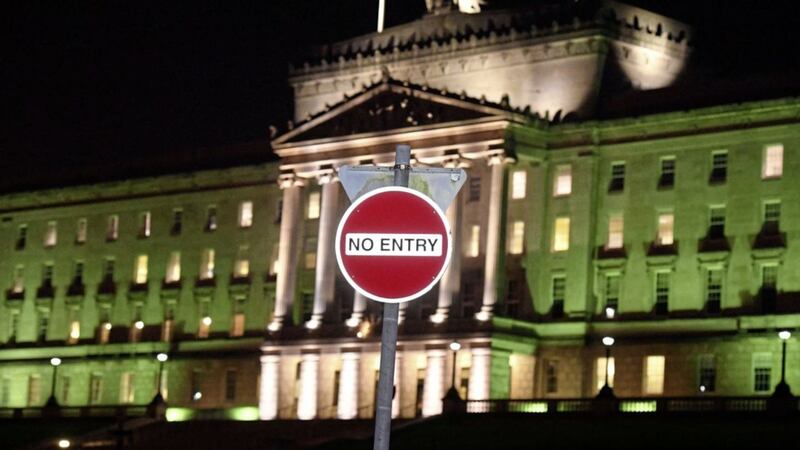THE north is "on the fault line" of the political earthquake that has followed Brexit and the Northern Ireland economy could suffer from a lack of political leadership, according to a new report from business advisors Deloitte.
In its State of the State annual report concerns have been raised over a 'leadership vacuum' after the collapse of the Northern Ireland Executive in January that could have growing implications as key policy decisions remain untaken.
The report states that the absence of an Executive is the main pre-occupation among leaders in Northern Ireland’s public sector and without a functioning government there are fears over a degradation of public services.
There is further disquiet in the public sector over Brexit, given Northern Ireland's unique exposure to issues that arise from leaving the EU, the most significant of which is the border.
Senior partner at Deloitte in Belfast, Jackie Henry said there were some potential benefits that could emerge from Brexit.
“The absence of an executive means that Northern Ireland does not have its own ministerial voices taking part in Brexit debates, but its civil servants have found their colleagues in the Department for Exiting the European Union to be open to their representations, receptive to their input and engaging in discussions.
“In Northern Ireland, as in the rest of the UK, the dangers of Brexit are at present more apparent than any benefits that could emerge. But as responsibilities are repatriated to the UK from the EU, there could be potential to strengthen Northern Ireland’s powers.”
As part of the annual survey, Deloitte commissioned Ipsos MORI to interview 1,071 UK citizens on their attitudes towards public spending, the impact of austerity on peoples’ lives and areas they feel should be protected from cuts.
Some 57 per cent of people do not want to see spending on public services reduced to pay off national debt, compared to 22 per cent who do. Similarly, 52 per cent of people would not accept less from the public services that are subjected to budget cuts to pay down debt, versus 20 per cent who would.
Support for austerity has halved since the beginning of the decade, falling to just 22 per cent in 2017 and 11 per cent in Northern Ireland, while a significant 80 per cent of respondents in the north disagreed with the need to reduce spending to pay off debt.
When asked to pick areas of public spending that should be protected from spending cuts, 80 per cent of respondents chose the NHS, 49 per cent chose education and schools and 32 per cent chose police.








